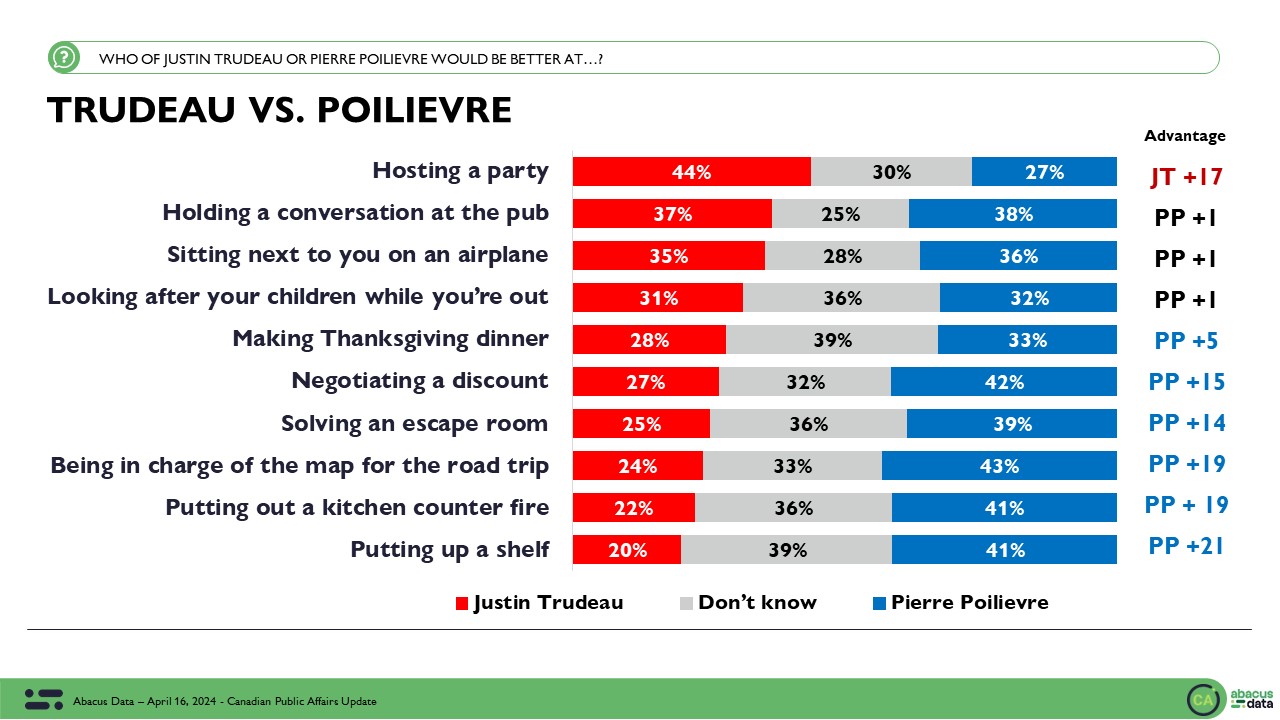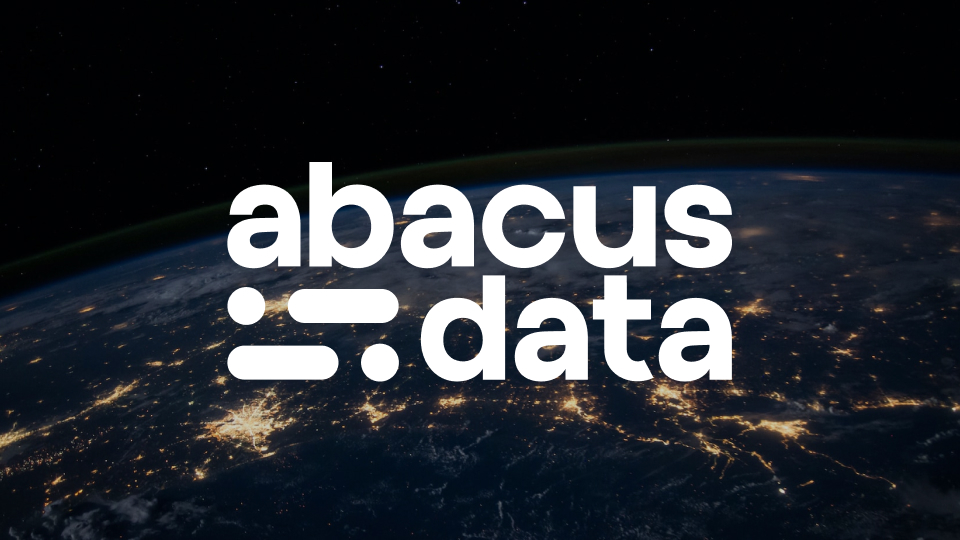How Canadians celebrate (or don’t celebrate) Christmas
December 19, 2019
With Christmas around the corner, we decided to ask Canadians about how they do (or don’t) celebrate the “most wonderful time of the year” (in our opinion). We replicated some questions we asked back in 2012 to see what’s changed. Interesting, a lot has.
Here’s what we found:
Canadians are more likely to use Merry Christmas to greet one another this holiday season (62%) but it’s down 10-points from 2012.
28% report being most likely to say Happy Holidays (vs. 20% in 2012) and Seasons Greetings at 4%. Of those who report celebrating Christmas as a secular holiday, 61% will most likely greet others with Merry Christmas – 30% with Happy Holidays.

Christmas is broadly celebrated across the country. 87% of Canadians surveyed say they celebrate Christmas in their family – down 3-points from 2012.
However, since 2012, we see a shift away from Christmas being celebrated as a religious holiday, and a slight increase in Christmas being celebrated as a secular holiday. Overall, about half (51%) of Canadians celebrate Christmas primarily as a secular holiday – a 1-point increase from 2012 – and 35% celebrate Christmas as a religious holiday, down 6-points from 2012. Nearly two in 10 (14%) are unsure.

Eight in 10 (79%) Canadians are planning to decorate their home this Christmas season – a 4-point decrease from 2012.
Two in 10 (21%) are expecting to travel out of town this holiday season – 74% are not travelling out of town and 6% are unsure.

Roast turkey is most likely to find its way onto Canadians’ table for Christmas dinner with 64% reporting they plan to serve that most Christmas of foods but down from 75% in 2012.
Roast chicken has increased in popularity at 11%, an increase of 7-points from 2012. Millennials are much more likely to expect to eat a roasted chicken for Christmas dinner, as well as more likely to be eating an alternative vegetarian meal. Older cohorts are far more likely to be eating a traditional Christmas roasted turkey. This increase in vegetarian alternatives for Christmas dinner is in line with recent findings where 51% of Canadians have either reduced or are considering reducing the amount of meat they eat.

A majority of Canadians (58%) are expecting to spend about the same amount that they spent on gifts last year – up 3-points from 2012. A quarter is expecting to spend less this year (31% in 2012 vs. 24% this year).


When we asked about shopping habits this Christmas, four in 10 (40%) expect to do the majority of their Christmas shopping online, only 6% expect to do all of their shopping online. Younger cohorts – 51% Millennials and 50% GenX – are likely to do more than 50% of their shopping online. Two in 10 (18%) Canadians don’t think they will do any of their Christmas shopping online – almost twice as many in the Silent generation (34%).
Like other movies set at Christmastime, there has been a debate about whether or not Die Hard is, in fact, a Christmas movie. We set out to find some answers, and here is what we found: A quarter of Canadians (25%) consider Die Hard to be a Christmas movie – 55% do not and 20% are unsure. There is a lean towards males (30%) and those 30-44 (36% GenX).

UPSHOT
Most Canadians continue to celebrate Christmas. But like everything else, Christmas is also changing. What we eat, whether we celebrate Christmas as a secular or religious holiday, and how we shop are all shifting thanks to changing demographics and technology. In a way, the Christmas experience across Canada parallels changes we have been tracking in other aspects of life, work, politics, and business.
METHODOLOGY
Our survey was conducted online with 1,500 Canadians aged 18 and over from December 12 to 16, 2019. A random sample of panellists was invited to complete the survey from a set of partner panels based on the Lucid exchange platform. These partners are double opt-in survey panels, blended to manage out potential skews in the data from a single source.
The margin of error for a comparable probability-based random sample of the same size is +/- 2.1%, 19 times out of 20. The data were weighted according to census data to ensure that the sample matched Canada’s population according to age, gender, educational attainment, and region. Totals may not add up to 100 due to rounding.
ABOUT ABACUS DATA
We are the only research and strategy firm that helps organizations respond to the disruptive risks and opportunities in a world where demographics and technology are changing more quickly than ever.
We are an innovative, fast-growing public opinion and marketing research consultancy. We use the latest technology, sound science, and deep experience to generate top-flight research-based advice to our clients. We offer global research capacity with a strong focus on customer service, attention to detail and exceptional value.
We were one of the most accurate pollsters conducting research during the 2019 Canadian Election.

Contact us with any questions.
Find out more about how we can help your organization by downloading our corporate profile and service offering.




